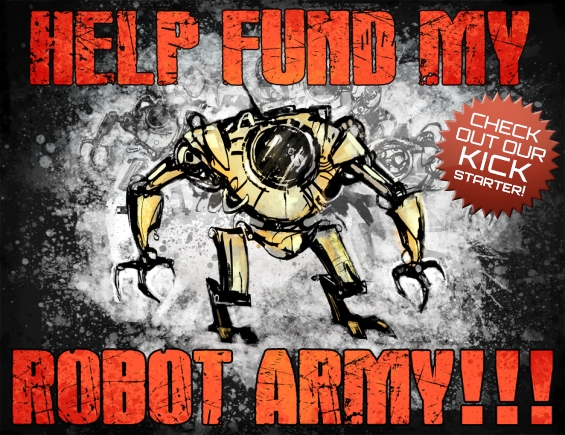Codex Q&A: How do you select reprints for Lightspeed?
In July 2013, I served as the “editor-in-residence” for the Codex Writing Group, which meant basically I was asking a month-long AMA (“Ask Me Anything”) interview. With Codex’s permission, I’m re-posting the Q&As here on my blog. The questions were all provided by members of Codex.
***
How do you select reprints for Lightspeed? Do you avoid reprints that are already available online? Is an older story better than a newer story?
I do typically avoid reprints that are already online, though it depends where it is online and how recently it was posted, as I have made some exceptions. Sometimes, if it’s just on an author’s website, I’ll ask them if they wouldn’t mind taking it down, and then just linking to Lightspeed instead. Or else I’ll look for something else by that author if I feel like the story in question has had too much online exposure.
Earlier this year, I brought on Rich Horton, editor of the Prime Books Year’s Best Science Fiction & Fantasy series, to help me hunt down reprints. So he generally pokes around on his own and also responds to various requests from me, like if I need more fantasy reprints (or SF as the case may be), or I need more reprints by women, etc.
Older is not necessarily better than newer, but the age of a story is often a factor, as it where it appeared. For instance, I’m not terribly likely to reprint something that appeared in F&SF this year or last year (except maybe under special circumstances), but I’d definitely reprint something from this year or last year that appeared in an anthology.
I’ve actually often run “near-simultaneous reprints” of stories from new anthologies on a number of occasions. (One–“Golden Apples” by Sophia McDougall–just went up this week, in fact.) I really like those, because my Lightspeed readers get a “reprint” story that is as “fresh” as an original, and the anthology gets a little extra exposure out of the deal, so it’s a win-win. (And of course the author gets a little extra money!)
Other factors:
Notability of the writer is a factor, because well-known/established writers help draw people to the magazine, and having them on board as reprints frees me up to publish more original stories by writers who are unknown or still up and coming.
Rare/obscure stories are nice because, like with the near-simul reprints, the chances my readers have read the stories already are slim.
Otherwise, of course, we’re just looking for good stories.
***
From October 1 – October 31, I’ll be running a Kickstarter campaign for a new project called HELP FUND MY ROBOT ARMY!!!, an anthology of improbable, futuristic, magical, & alternate-world crowdfunding projects. Please check it out, consider backing it, and, if you’re so inclined, spread the word!



